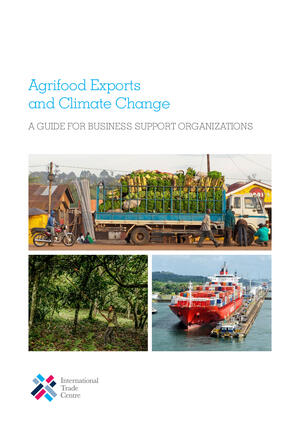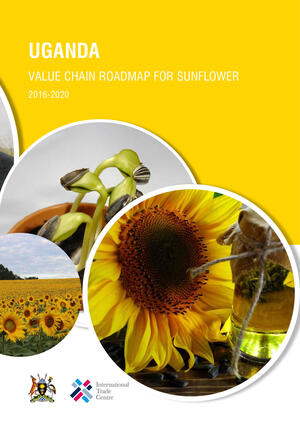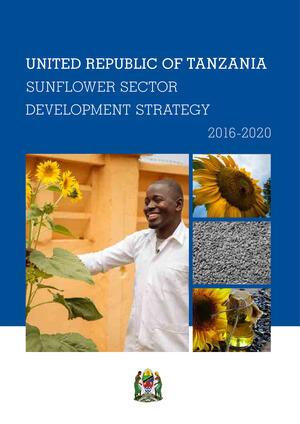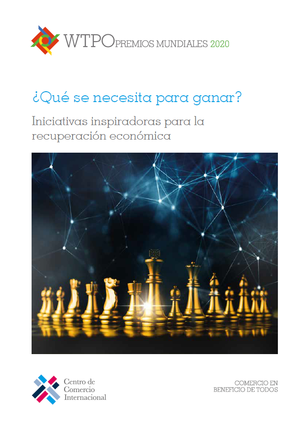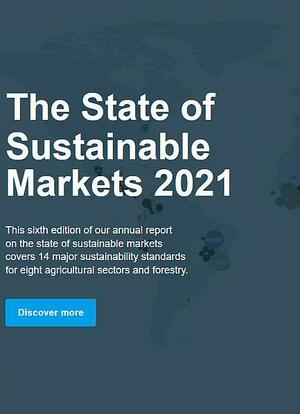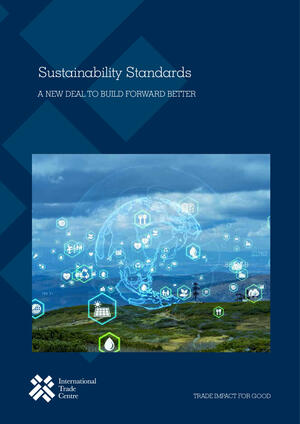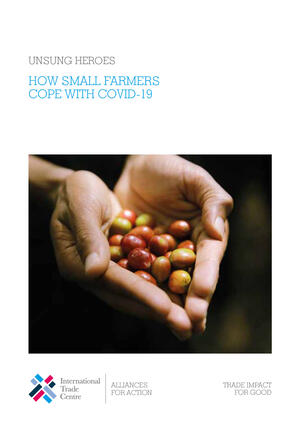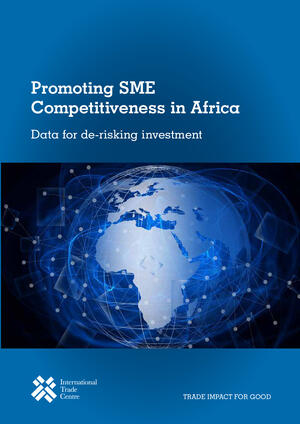
Business support organizations are critical to smooth the green transition for agrifood exporters
This new ITC guide shows these organizations how to better help agrifood exporters in developing countries build climate resilience and identify opportunities in the green transition.
Climate change threatens agricultural supply chains across the planet, as extreme weather events and rising temperatures reduce output, disrupt transport and damage infrastructure. Farmers and micro, small and medium-sized businesses (MSMEs) also face risks (and potential opportunities) from new policies and regulations that tackle climate change by setting green market requirements for trade.
Business support organizations (BSOs) such as trade promotion organizations, sector associations and chambers of commerce play a key role in helping agrifood entrepreneurs adapt to the impacts of climate change. A new report by the International Trade Centre (ITC) shows BSOs in developing countries how to engage meaningfully with businesses in the agricultural value chain on climate change issues and offer services that are better targeted, better designed and more effective.
Agrifood Exports and Climate Change: A guide for business support organizations maps out the climate change-related physical and transition risks facing MSMEs and farmers. It identifies emerging climate-related market opportunities and service sectors for building resilience in the agrifood sector and offers recommendations to shape the strategies and service offerings of BSOs.
BSOs play a ‘pivotal role’ in helping agrifood businesses transition to climate-resilient modes of production, said ITC Executive Director Pamela Coke-Hamilton. They can help farmers identify policy and production risks and decide how new technologies can help them decarbonize and adapt. BSOs can also help small businesses respond to consumer demands so they know ‘how to stay in the game’, she added.
The agrifood sector is a major emitter of greenhouse gases and driver for land-use change. Greenhouse gases from the agrifood sector accounted for 31% of global emissions in 2020.
What can BSOs do?
The report urges BSOs to devise climate strategies for a just transition and promote a vast range of mitigation-related services to help agribusinesses reduce their emissions. BSOs can help companies adjust to climate change – that is, deal with the physical risks – by developing climate risk management and adaptation strategies, the report says.
BSOs should provide technical assistance and capacity building by engaging with experts and partner organizations to help firms develop the skills and knowledge they need to manage transition risks and improve their resilience to physical climate risks. The report also recommends that BSOs help firms access specific finance schemes, engage in advocacy and policy dialogue, and facilitate collaboration and networking to help agrifood producers cope with both mitigation and adaptation risks.
It is also important for BSOs to mainstream climate change issues into their own organization, the report notes. To do so, they must assess and improve four areas of performance: governance, strategy, risk management and metrics and targets.
Despite the risks, new climate policies, regulations, technology and consumer trends present opportunities for agrifood exporters, the report finds. As farmers and processors build resilience, they will demand new climate-related goods and services, creating fresh economic opportunities – especially in rural areas.
The report identifies climate-smart practices and technologies, alternative land uses and value-added products as market opportunities. It lists many of the potential goods and services that support climate resilience and advises BSOs to highlight such opportunities and share relevant information to support the business community.





